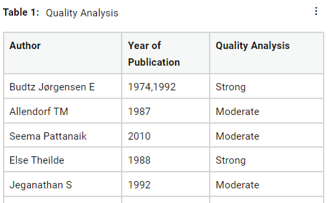Abstract
Denture stomatitis is an inflammation that typically occurs in individuals that have a complete or partial denture. Denture stomatitis is commonly defined as persistent inflammatory changes in the mucosa-bearing denture surface, often characterized by palatal erythema and alveolar ridges on which the denture is mounted. All relevant search engines were searched for the literature pertaining to denture stomatitis, various microflora associated, prevention and treatment were searched. The required data was collected and quality analysis of the thus collected data was done. The knowledge in the current point of time-analyzed and thus the consensus was established. Denture stomatitis is induced by a variety of internal and external causes. The most pervasive causative factor for denture stomatitis is the concentration of microbial plaque on palate-covered removable dentures that cause denture stomatitis in close to 69% of denture wearers. The various microflora includes Candida, Streptococci, Staphylococci, Lactobacillus, Actinomyces, etc. Denture stomatitis has been shown to be a major oral disease seen on the denture wearers and is still prevalent in the majority of cases. Candida-associated denture stomatitis must be treated as it may serve as a repository for other infections and facilitate atrophy of the alveolar bone resulting in serious infections.
Full text article
Authors

This work is licensed under a Creative Commons Attribution-NonCommercial-NoDerivatives 4.0 International License.

